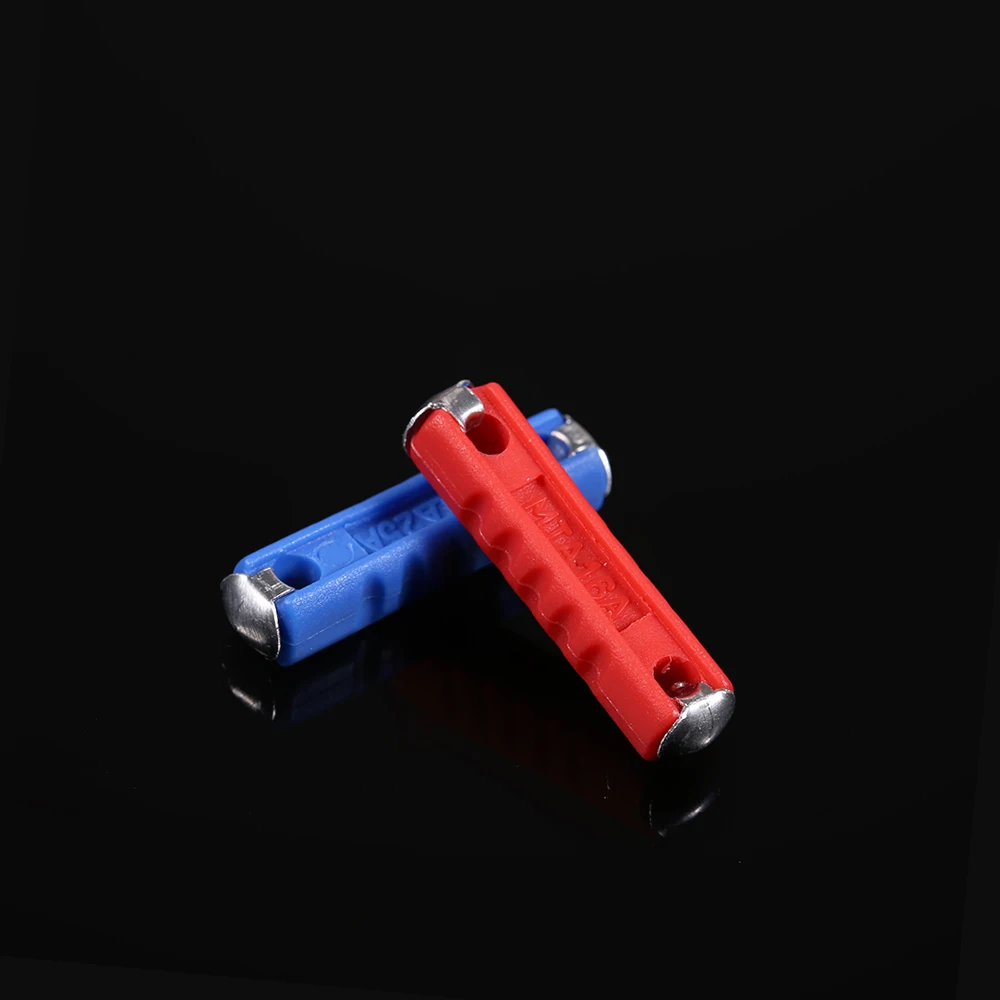The trowel is a basic yet highly effective tool used across several industries, including masonry, construction, and gardening. Its primary function is to spread, shape, and smooth materials like soil, mortar, and concrete. With a variety of trowels available, each designed for specific tasks, the right trowel can make all the difference in achieving precision and efficiency. Trowels are also used in technical projects like geosynthetic installations, where they help with the proper placement of geonets for drainage and erosion control.

What are the different types of trowels?
Trowels come in several shapes and sizes, each suited for particular tasks:
- Brick Trowel: Ideal for applying mortar when laying bricks.
- Pointing Trowel: A smaller trowel designed for precision work like filling small gaps.
- Garden Trowel: A small, handheld tool perfect for planting and digging.
- Finishing Trowel: Used to smooth and finish concrete surfaces.
Each type of trowel has a specific purpose, ensuring that you can complete the job accurately and with ease.
How are trowels used in masonry?
In masonry, trowels play a critical role in applying and shaping mortar between bricks or stones. To use one:
- Scoop a portion of mortar with the trowel.
- Apply it evenly to the brick or stone surface.
- Press the brick into place.
- Remove any excess mortar for a clean finish.
This ensures a strong bond between bricks and contributes to the stability of the structure.
What factors should you consider when choosing a trowel?
When selecting a trowel, consider the following:
- Blade Size: Larger blades are great for spreading mortar, while smaller blades are better for precise work.
- Handle Comfort: A comfortable handle helps reduce strain during long tasks.
- Durability: Stainless steel resists rust, while carbon steel offers strength but requires maintenance.
Can a trowel be used in geosynthetic installations?
Yes, trowels are useful for installing geonets, which are often used for drainage and erosion control. Trowels can help by:
- Smoothing the soil before placing the geonet.
- Creating trenches for embedding the edges of the geonet.
- Compacting soil or gravel around the geonet to ensure stability.
This shows that trowels are not just for traditional tasks but also for more technical applications.
The trowel is a versatile tool that plays an essential role in many industries. Whether you’re working on masonry, gardening, or geosynthetic installations, having the right trowel can significantly improve the quality and efficiency of your work.